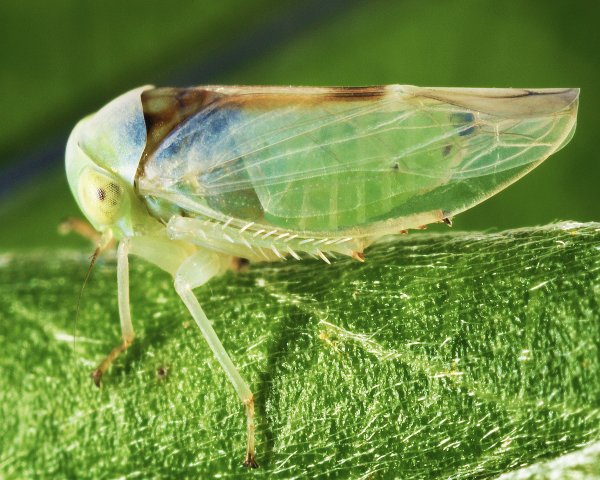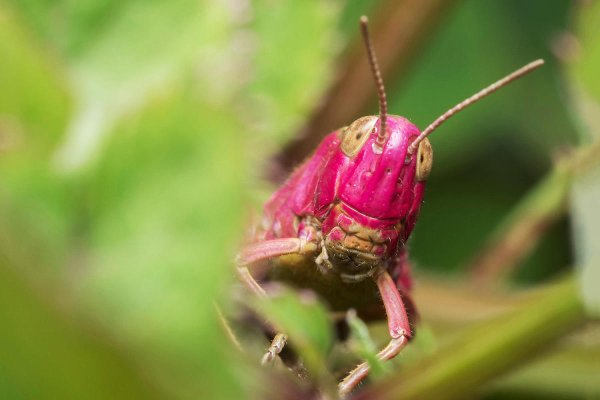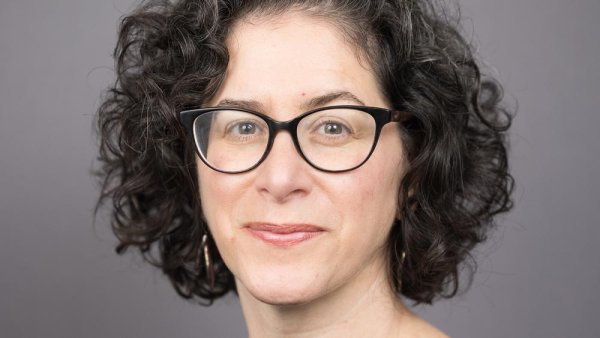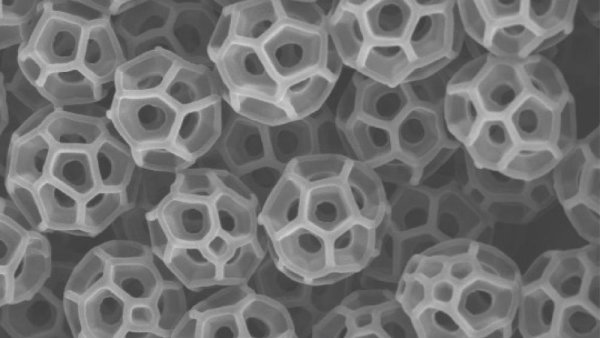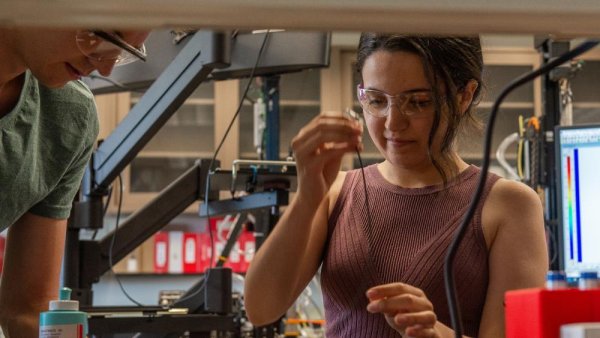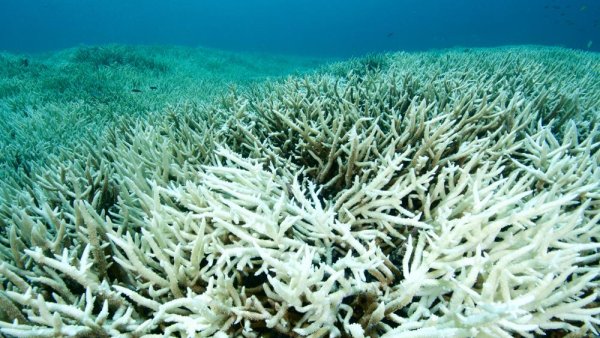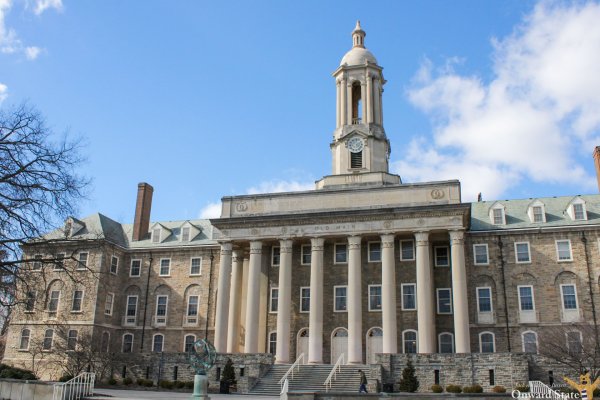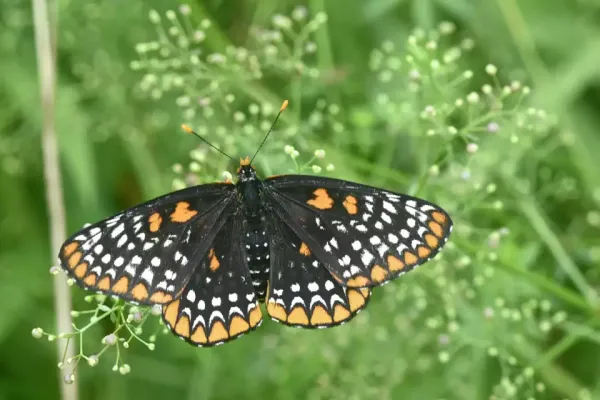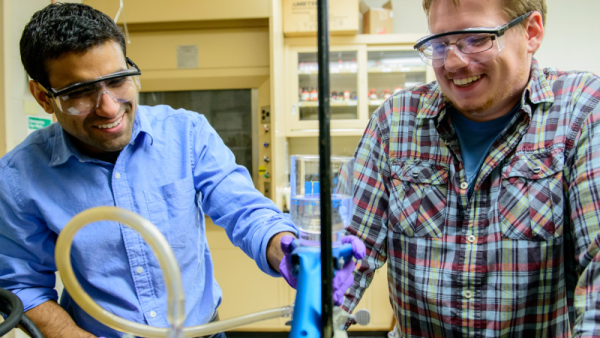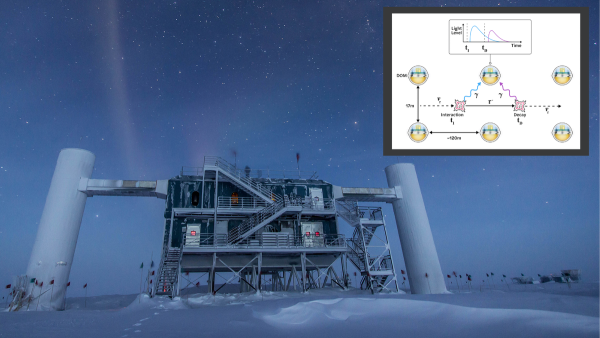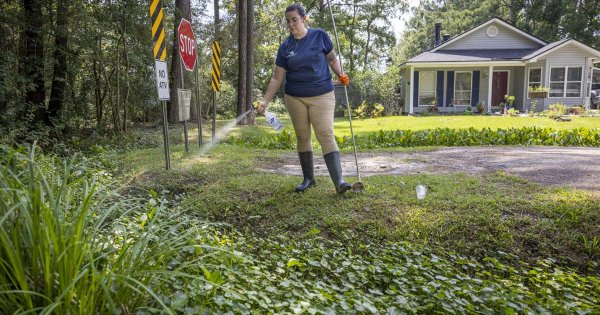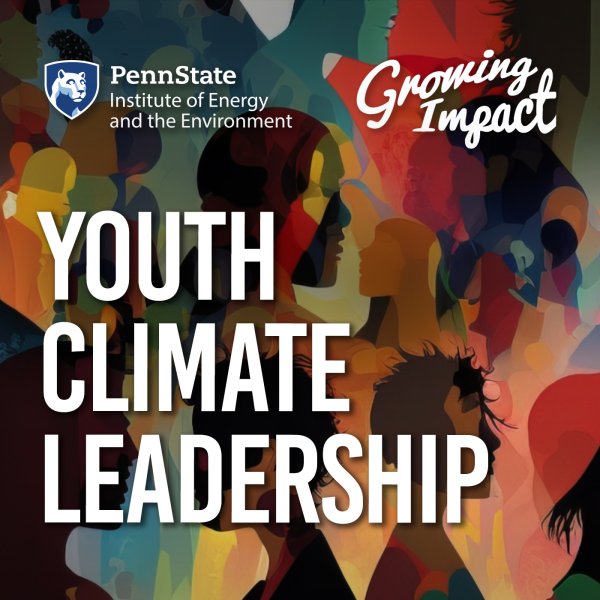Leafhoppers' secret armor has inspired new invisibility cloaking technology
| earth.com
In the realm of science, sometimes the smallest creatures can provide the biggest insights. Such is the case with leafhoppers. This article features Penn State research.
9-year-old Arkansas girl catches rare pink grasshopper, names it Millie
| yahoo.com
Madeline Landecker was walking to her family barn in Benton, Arkansas, on Thursday when the 9-year-old aspiring veterinarian spotted a rare find — the elusive pink grasshopper. This article, originally published by NBC News, quotes Michael Skvarla, assistant research professor of arthropod identification.
Urban planning professor to speak on property speculation at next 'Coffee Hour'
| psu.edu
Rachel Weber, professor of urban planning and policy at the University of Illinois at Chicago, will present "Seizing the Means of Prediction: Why the Future Belongs to Property Speculators," at the Department of Geography's Coffee Hour lecture series. Her talk is scheduled for 3:30 p.m. on Friday, March 22.
Mechanical engineering researcher Amrita Basak awarded NSF CAREER
| psu.edu
Amrita Basak, assistant professor of mechanical engineering in the Penn State College of Engineering, earned a five-year, $598,650 U.S. National Science Foundation Early Career Development Award for a project titled “Understanding Processing-Structure-Property Relationships in Co-Axial Wire-Feed, Powder-Feed Laser Directed Energy Deposition.”
Backyard insect inspires invisibility devices, next gen tech
| psu.edu
Leafhoppers, a common backyard insect, secrete and coat themselves in tiny mysterious particles that could provide both the inspiration and the instructions for next-generation technology, according to a new study led by Penn State researchers. In a first, the team precisely replicated the complex geometry of these particles, called brochosomes, and elucidated a better understanding of how they absorb both visible and ultraviolet light.
Engineering science and mechanics researcher Andrea Argüelles awarded NSF CAREER
| psu.edu
Andrea Argüelles, assistant professor of engineering science and mechanics in the Penn State College of Engineering, earned a five-year, $696,010 U.S. National Science Foundation Early Career Development Award for a project titled, “Advancing ceramic processing science through acoustic characterization.”
Virtual reality better than video for evoking fear, spurring climate action
| psu.edu
Experiencing worst-case climate scenarios in virtual reality may better motivate people to support environmental policies, according to a new study led by Penn State researchers.
Penn State Radiation Science & Engineering Center receives new neutron science device
| onwardstate.com
The device was a donation from Helmholtz-Zentrum Berlin, a research institution in Germany.
Environmentalists renew fight to limit use of neonicotinoids in CT
| ctinsider.com
It would take more that a decade before environmentalists such as Rachel Carson sounded the alarm on the damage that DDT was doing to the natural world and more years until the U.S. banned it in 1972. This article quotes John Tooker, professor of entomology.
Calling researchers: Join Penn State's NSF I-Corps April cohort
| psu.edu
Penn State’s U.S. National Science Foundation I-Corps Short Course is accepting applications for its virtual April cohort. Participants must apply and complete a self-guided I-Corps prep mini-course by Friday, April 12.
Scientists may have just caught 7 exotic 'ghost particles' as they pierced through Earth
| space.com
Devices buried deep within the south pole detected highly elusive tau neutrinos blasted toward Earth by powerful astrophysical events. This article features Penn State research and quotes Doug Cowen, professor of physics.
St. Tammany's ditches are fouled with untreated sewage. The mosquitoes are loving it.
| nola.com
All the sewage in the drainage ditches makes it so that the St. Tammany Parish Mosquito Abatement District can't kill mosquitoes faster than they can reproduce, according to a new study. This article quotes Jason Rasgon, Dorothy Foehr Huck and J. Lloyd Huck Endowed Chair in Disease Epidemiology and Biotechnology.

